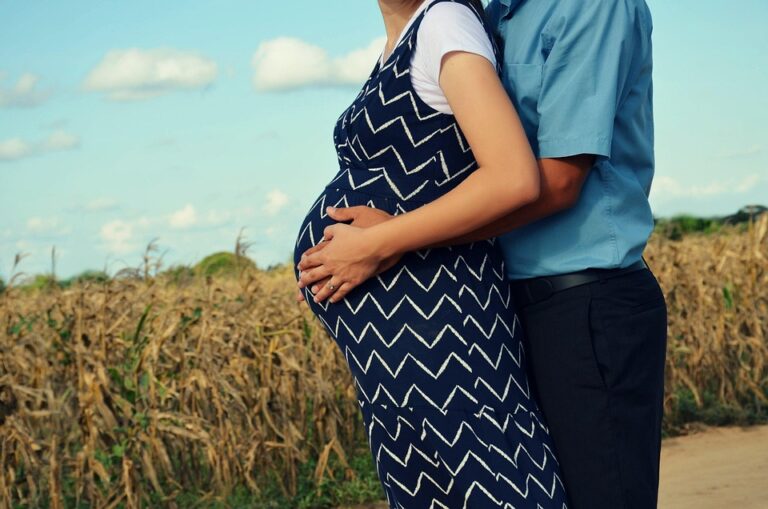Book Appointment Now

Rubin’s Theory of Maternal Identity
Maternal identity, as a concept, encompasses the roles, behaviors, and perceptions a woman experiences as she transitions into motherhood. Rubin’s Theory of Maternal Identity, a significant contribution to understanding this transition, presents a framework for how women develop and adapt their identities post-childbirth. This theory has helped shape our understanding of the psychological and emotional changes associated with becoming a mother.
Count on our nursing experts to deliver 100% custom paper about Rubin’s Theory of Maternal Identity
Write my nursing essay
1. Theoretical Foundation
In 1961, M. Rubin introduced the theory of maternal identity, which postulates that motherhood is a pivotal aspect of a woman’s identity. Rubin focused on the psychological transformation women undergo when they become mothers, emphasizing the challenges and adaptations required in this new phase of life (Rubin, 1961). She identified key stages in this transformation, each contributing to the establishment of maternal identity.
2. Stages of Maternal Identity Development
Rubin’s framework highlights several stages that occur as a woman transitions into her new role as a mother. These stages outline the psychological, emotional, and social shifts that occur in the early post-birth period. The process, according to Rubin, is gradual, with a woman’s identity becoming more fully formed over time. The stages are as follows:
- Stage 1: The Taking-In Phase (First 24–48 hours after childbirth)
- This stage involves the mother focusing primarily on her own physical needs and recovery. It is a time when the new mother may feel overwhelmed by the physical exhaustion and emotional rollercoaster of childbirth.
- Emotional responses often center around needing reassurance and support from others (e.g., medical staff or family). Rubin emphasizes that the new mother in this phase may show little interest in caring for her newborn, as she is still adjusting to her new physical reality.
- Stage 2: The Taking-Hold Phase (Several days to weeks post-birth)
- The new mother becomes more focused on her baby’s needs, but still relies heavily on others for support and guidance. This stage marks the beginning of a deeper emotional connection with the baby.
- Rubin notes that this phase is characterized by the mother’s active involvement in caring for her child, and the formation of maternal instincts starts to take hold. The new mother may begin to experience more confidence in her maternal abilities.
- Stage 3: The Letting-Go Phase (Several weeks to months post-birth)
- The final stage involves the mother letting go of her pre-pregnancy identity and embracing her new role fully. She is more self-assured and emotionally bonded with her child, and her focus begins to shift towards the broader responsibilities of motherhood.
- Rubin suggests that during this phase, women are more open to adjusting to the larger responsibilities and changes that motherhood brings, including changes in their relationships with partners and social circles.
3. Emotional and Psychological Changes
According to Rubin, emotional and psychological changes play a significant role in the development of maternal identity. These changes include feelings of pride, love, anxiety, and ambivalence. A mother’s evolving sense of self, shaped by her connection with her child, is critical in her adaptation to motherhood.
Rubin also suggests that a woman’s relationship with her child can evoke complex feelings, such as maternal ambivalence, where mothers may feel simultaneously connected to and overwhelmed by their new roles (Rubin, 1984). This emotional complexity often emerges from the tension between maintaining personal independence and adopting the new role of the mother.
4. The Role of Social Support
Rubin’s theory emphasizes the importance of social support in the development of maternal identity. Family, partners, and healthcare professionals play a crucial role in helping new mothers navigate the emotional and psychological transitions. Social support helps reduce feelings of isolation and fosters a sense of confidence and security during the initial stages of motherhood.
5. Criticisms and Contemporary Applications
While Rubin’s work has been highly influential, it has not been without its criticisms. Some argue that her model is somewhat linear and fails to account for the diversity of experiences that women face during motherhood (Broom, 2004). Additionally, cultural, economic, and racial differences can significantly influence the experience of maternal identity, and Rubin’s theory is often criticized for not addressing these variances in depth.
Nevertheless, Rubin’s stages remain a helpful tool for understanding the psychological journey many women undergo in the early postpartum period. It continues to inform modern research on maternal well-being, mental health, and the role of support systems in maternal care.
6. Summary of Rubin’s Stages of Maternal Identity Development
| Stage | Duration | Characteristics | Emotional State |
|---|---|---|---|
| Taking-In Phase | First 24–48 hours after birth | Mother focuses on physical recovery; may be indifferent to baby. | Overwhelmed, passive, needs reassurance |
| Taking-Hold Phase | Several days to weeks post-birth | Mother begins to engage more actively with baby; seeks support. | Growing confidence, focused on baby |
| Letting-Go Phase | Several weeks to months post-birth | Mother embraces new role fully, lets go of previous identity. | Confident, self-assured, emotionally bonded |
Rubin’s Theory of Maternal Identity provides a valuable framework for understanding the emotional and psychological changes women experience in the early postpartum period. By acknowledging the stages of maternal development, the theory sheds light on the complex nature of motherhood, with its emotional fluctuations, societal pressures, and identity shifts. While it is not without limitations, Rubin’s theory remains a foundational concept in maternal psychology and continues to influence both research and practice in maternal healthcare.
References
- Broom, D. (2004). Motherhood, Work, and Identity: A Sociological Analysis. Routledge.
- Rubin, M. (1961). Maternal Identity and the Maternal Role: A Theory of Role Acquisition. Journal of Nursing Research, 9(2), 85-89.
- Rubin, M. (1984). The Maternal Identity and Its Role in Maternal Psychological Adjustment. Journal of Psychosomatic Obstetrics & Gynecology, 5(3), 145-150.







